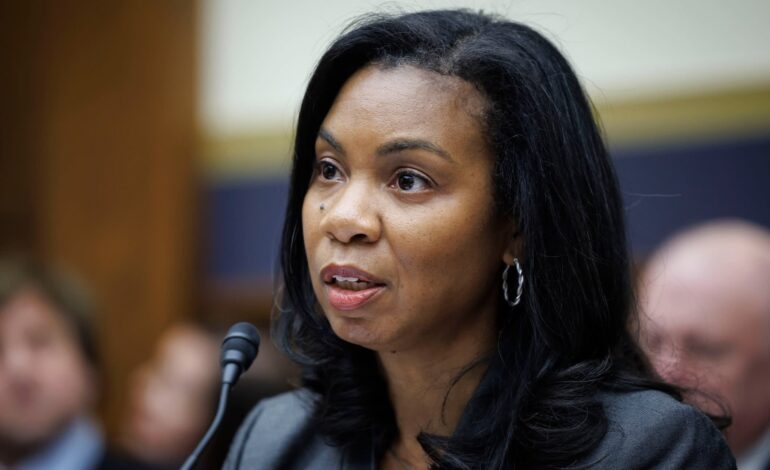
Saudi Arabia’s Warning to OPEC+: A Call for Compliance
In a dynamic shift within the global oil market, Saudi Arabia has issued a stern warning to OPEC+ countries not adhering to designated production quotas. This article delves into the potential implications of increased oil supply threats by Saudis against non-compliant OPEC+ members, and explores the strategic maneuvers this fosters within the organization and the energy market.
OPEC+: A History of Collaboration and Conflict
The Organization of the Petroleum Exporting Countries, along with its allies, known as OPEC+, has long been central to global oil market dynamics. Initially formed to control supply and stabilize prices, the coalition has faced challenges with compliance among its members, resulting in periodic internal conflicts.
Saudi Arabia’s Role and Strategic Interests
Saudi Arabia, as a leading oil producer, plays a pivotal role in OPEC+. Historically, it has balanced the dual needs of price stabilization and revenue maximization. Recent developments highlight Saudi Arabia’s intent to maintain influence within OPEC+ by calling out ‘cheating’ members and threatening increased production as leverage.
Market Implications of Increased Supply
An increase in oil supply by Saudi Arabia could lead to several market outcomes, including potential price drops and shifts in global supply chains. The threat of oversupply serves as a warning, compelling other OPEC+ members to adhere strictly to production quotas, ensuring market stability.
The Future of OPEC+ Cooperation
The warning issued by Saudi Arabia could impact future OPEC+ meetings and strategic decisions. It raises questions about the sustainability of the coalition’s agreements and the ability of its members to collectively reach and maintain consensus on production levels.
Conclusão
Saudi Arabia’s warning to OPEC+ underlines the importance of compliance within the organization to ensure market stability. By threatening to increase supply, they aim to incentivize adherence to quotas. It remains crucial for OPEC+ to navigate these tensions effectively to sustain collaboration, stabilize prices, and secure economic interests for all member countries.






